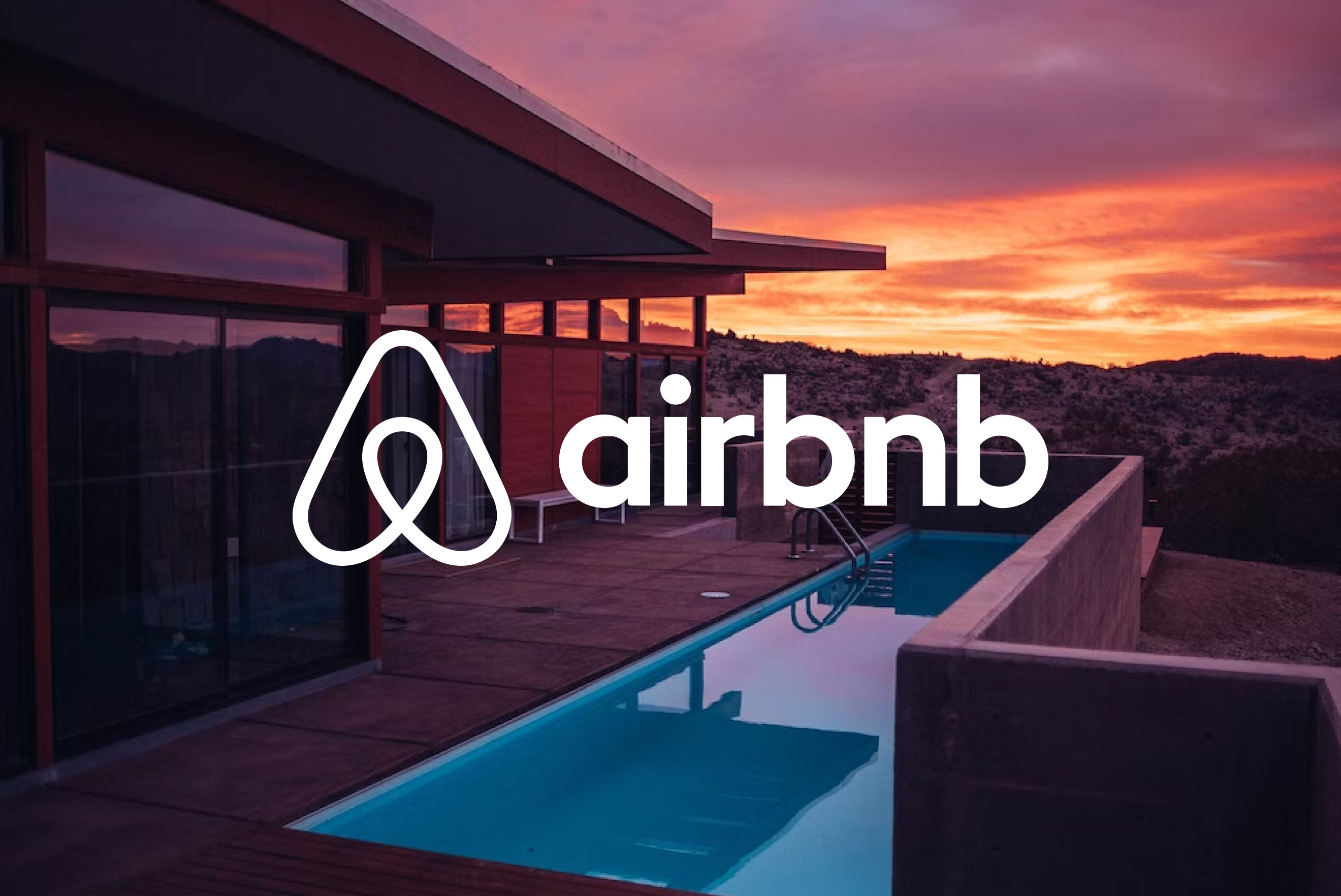
There was a time when “home” was sacred. Your bedroom was your kingdom, your couch was your sanctuary, and your fridge…well, that was only for friends and family. Fast forward to 2008, and suddenly your IKEA pull-out couch could bankroll your trip to Barcelona.
Airbnb, born from the kind of scrappy ingenuity that usually leads to a forgotten Kickstarter campaign, has ballooned into a multi-billion-dollar empire. A platform that started with two guys in San Francisco renting out air mattresses during a design conference now controls, in many ways, the very way we travel, live, and increasingly, argue about rent prices.
From Couchsurfing to Billion-Dollar Behemoth
At first, Airbnb was the fun cousin of couchsurfing—slightly more polished, slightly less sketchy, and definitely more profitable. By the 2010s, hosts were no longer just sharing a futon; they were sprucing up entire brownstones, chic lofts, and off-grid yurts with twinkle lights, scented candles, and promises of “authentic experiences.”
Guests, in turn, traded hotel lobbies for neighborhood cafes, continental breakfasts for local bakeries, and key cards for overly complicated lockbox instructions. It was, in short, a cultural shift.
Today, Airbnb lists more than 7 million properties across 220+ countries. That’s more “hotels” than Marriott, Hilton, and Hyatt combined.
The Culture of the Airbnb Era
Here’s the thing: Airbnbs aren’t just places to sleep anymore. They’re a culture. A vibe. A flex.
Think about it:
-
The Instagram factor. Hotels rarely get clout online, but a boho-style desert dome or neon-lit New York loft? That’s influencer gold.
-
The local immersion myth. Airbnb marketed itself as a way to “live like a local,” but somewhere between “quaint neighborhood” and “entire block owned by investors,” locals got pushed out of their own neighborhoods.
-
The checklist generation. Travelers now brag about staying in a treehouse in Bali, a castle in Ireland, or a literal potato-shaped house in Idaho (yes, it exists).
Airbnb made staying as important as going.
The Latest News: Regulation, Revolt, and Revenue
2025 headlines are filled with stories of cities fighting back. New York City cracked down on short-term rentals, citing affordable housing shortages. Amsterdam, Barcelona, and Paris have all passed laws to limit or ban unlicensed Airbnbs.
Why? Because the math is brutal. Every apartment turned into a weekend rental is one less home for a resident. In some cities, entire neighborhoods have turned into ghost towns during the week, lit up only when tourists arrive on Friday night.
Airbnb’s response? They’ve leaned into “Experiences” (wine tours, pasta-making, goat yoga—you name it) and doubled down on AI-driven matching between guests and hosts. But critics say that doesn’t solve the fundamental issue: when landlords can earn triple the rent from short-term tourists, locals lose.
Fun (and Weird) Airbnb Facts You Probably Didn’t Know
-
The first-ever Airbnb guest paid $80 to sleep on an air mattress and eat Pop-Tarts.
-
There’s an Airbnb listing in There’s an Airbnb listing in Antarctica (technically a research station cabin).
-
The most expensive Airbnb? A $150,000/night private island in Fiji.
-
Airbnb once offered a House of Gucci stay at the family villa in Lake Como.
-
You can rent out castles, igloos, lighthouses, and converted airplanes.
And yes, the potato house in Idaho is real. Google it.
Airbnb and the Human Condition
At its heart, Airbnb isn’t about housing—it’s about trust. You’re trusting a stranger not to snoop in your suitcase. They’re trusting you not to steal the artisanal olive oil or burn down the villa.
It’s the sharing economy, but with higher stakes. We live in a world where millions of us are willing to exchange house keys with people we’ll never meet again. That’s both beautiful…and terrifying.
Is Airbnb Good or Bad? The Answer is Yes.
The good:
-
More affordable travel (sometimes).
-
Unique stays that beat cookie-cutter hotels.
-
A lifeline for some homeowners during tough times.
The bad:
-
Driving housing prices through the roof.
-
Contributing to over-tourism.
-
Leaving some guests stranded with last-minute cancellations.
Like Uber, Amazon, and social media before it, Airbnb is both the villain and the hero of the modern age. It depends who you ask: the wide-eyed backpacker living their best life in Lisbon, or the lifelong Lisbon resident who can no longer afford their neighborhood.
contenthub.Guru Takeaway
At contenthub.Guru, we believe Airbnbs tell the story of a world that craves adventure but struggles with consequences. It’s a platform that democratized travel while reshaping cities in ways we’re still struggling to understand.
If the 20th century was the century of the hotel, the 21st is shaping up to be the century of the Airbnb economy. Whether that’s sustainable—or collapses under the weight of regulation, lawsuits, and neighborhood protests—remains to be seen.
One thing is certain: next time you book a stay, you’ll be participating in one of the great cultural experiments of our era.
FAQ: How to Airbnb Like a Pro
Q1: How do I find the best Airbnbs?
A: Filter wisely. Look for Superhosts, read reviews carefully, and zoom in on maps to avoid “Paris-adjacent” listings that are actually two train rides away.
Q2: Is Airbnb safe?
A: Mostly, yes—but always trust your gut. Check for smoke detectors, lockboxes, and clear communication from hosts.
Q3: How do I save money?
A: Book early, stay longer (weekly and monthly discounts exist), and avoid peak tourist season.
Q4: What about hidden fees?
A: Cleaning fees, service fees, and local taxes can turn a $120/night rental into $180. Always check the final price before confirming.
Q5: Can I Airbnb my own place?
A: Yes—but check your local laws first. Cities like NYC, Barcelona, and Berlin have heavy restrictions. And always be ready for strangers to leave odd things behind (think: socks, half-drunk wine, existential dread).
So the next time you open the Airbnb app and scroll past a Mongolian yurt, a Malibu mansion, and an off-grid shipping container in Oregon, remember: you’re not just booking a stay. You’re stepping into a global experiment—part marketplace, part cultural movement, part existential housing crisis.
Welcome to the Airbnb Effect.
Suggested for You
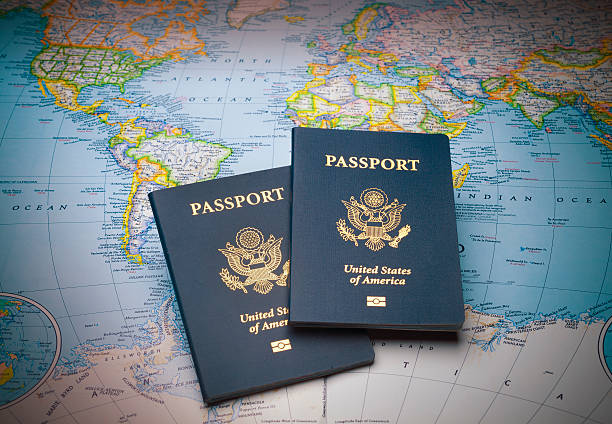
The Official Way To Get a Passport in 2025 - Only @ ContentHub.guru
Reading Time: 5 min
Need a passport fast? Learn the step-by-step process, insider tips, cultural insights, and latest ne...
Read More →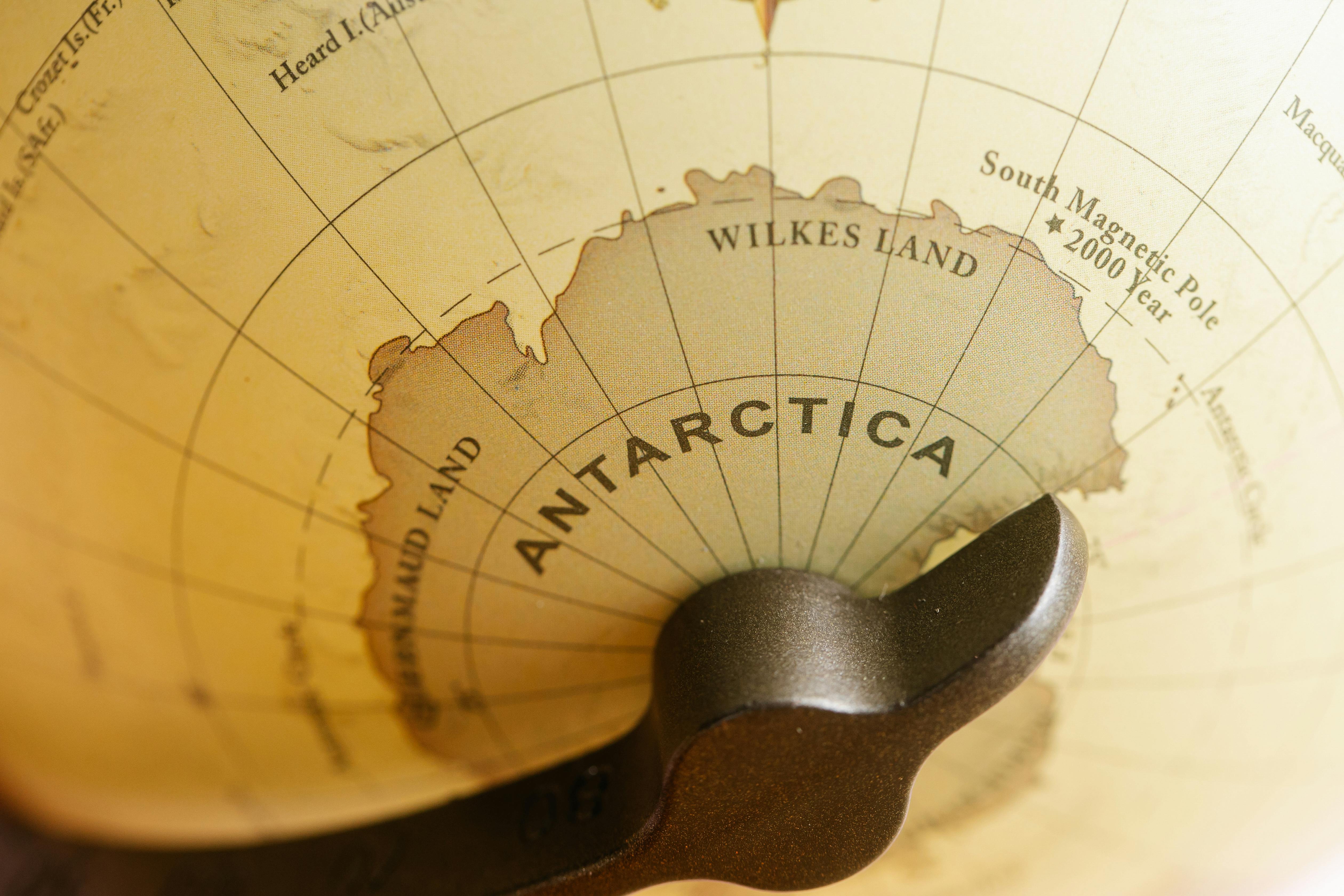
How to Travel to Antarctica: A Raw, Real Talk Guide
Reading Time: 5 min
Planning a trip to Antarctica? Discover budget-friendly tips, essential travel info, and insider adv...
Read More →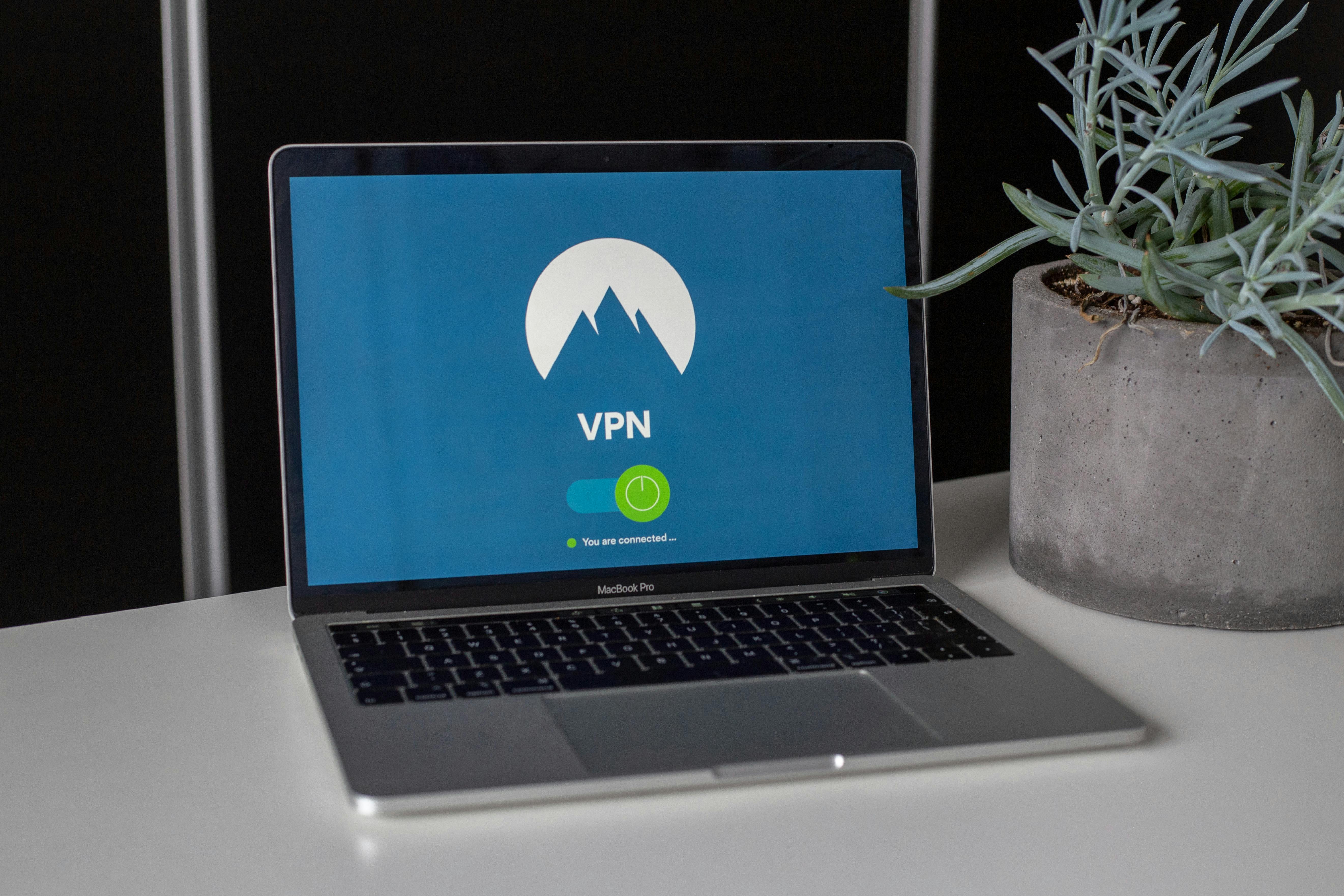
Best VPNs for Creators Uploading Abroad: Secure Your Content Anywhere
Reading Time: 5 min
Discover the top VPNs for creators uploading content abroad. Ensure privacy, speed, and access to gl...
Read More →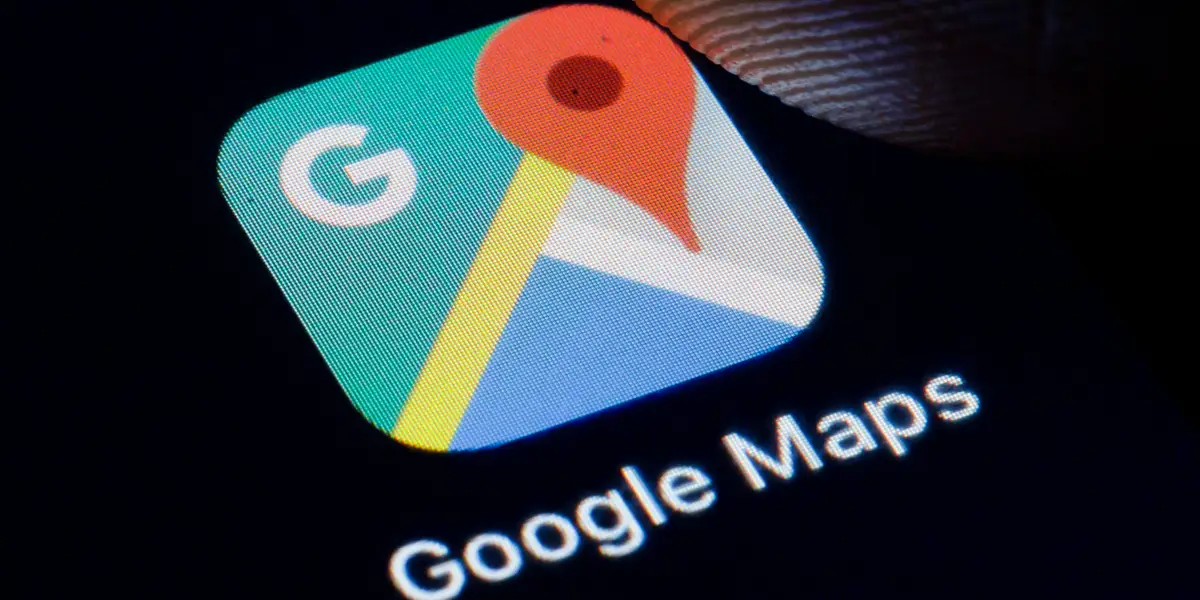
Google Maps: The World in Your Pocket, or the Pocket Controlling Your World?
Reading Time: 5 min
A deep dive into Google Maps—its history, influence on culture, controversies, and how it shapes our...
Read More →
Comments